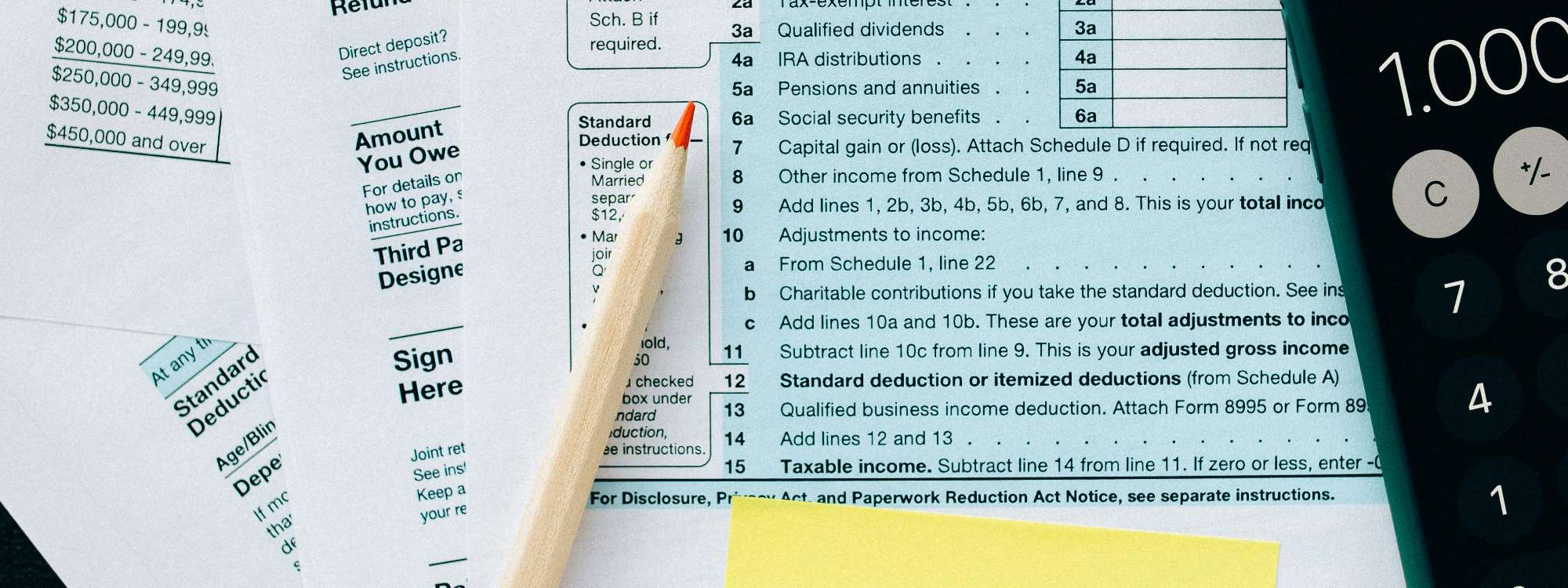Effective tax planning is an important component of building wealth and is generally split into two time periods: near-term (i.e. the current tax year) and longer-term (beyond the current year). Near-term tax planning is primarily focused on minimizing your current tax liability and avoiding surprises and penalties at the tax deadline. Longer-term tax planning is primarily focused on strategically minimizing your taxes over your lifetime, even if it results in paying more taxes in the current year.
-
Those with a preference to avoid negative surprises and penalties (most, but not all taxpayers)
-
Those whose preference is not giving the IRS an interest-free “loan” (and may not care too much that they may owe taxes and penalties at the deadline)
Most taxpayers don’t like a “negative surprise” when they file their taxes, obviously. There are a lot of reasons why you may find yourself in this unpleasant situation. A common reason is that you may not be withholding enough taxes from your paycheck. This issue is particularly acute with equity compensation such as Restricted Stock Units (or RSU’s) since the federal statutory withholding rate is a flat 22%, which could be much lower than your marginal tax rate of 32% or 37%. Another reason is not withholding taxes for portfolio income (dividends, capital gains, etc.).
Disclosures:





